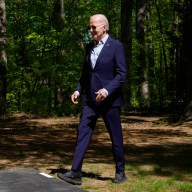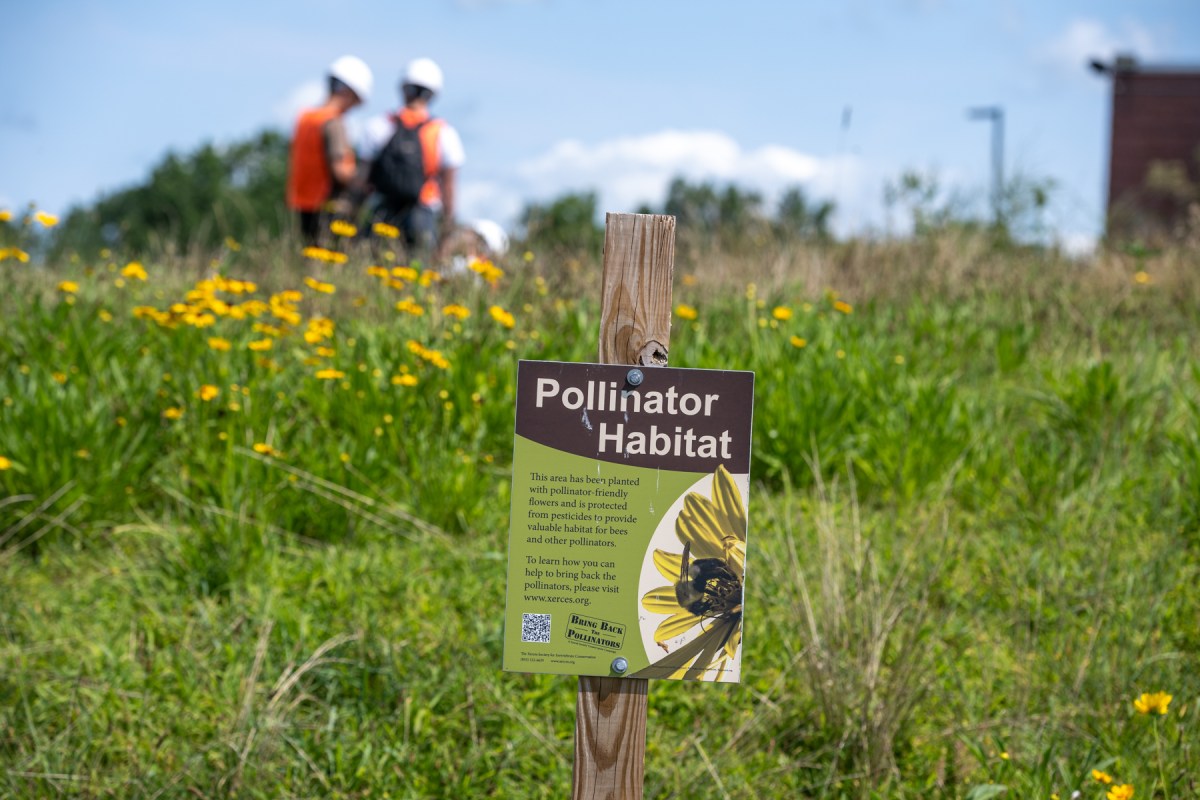VANCOUVER, B.C. – If it had gone his way, Jin Sun Kim wouldn’t have been sitting in the lobby restaurant of a downtown Vancouver hotel this week.
Instead, he’d be helping run the 2010 Winter Olympics – in Pyeongchang, South Korea.
Seven years ago, the South Korean city in Gangwon province lost the bid to host the 2010 Winter Olympics by three votes to Vancouver.
At the end of the first round of voting, Pyeongchang had 11 more votes than Vancouver, but in the second round, almost all of those IOC members who had voted in the first round for Salzburg gave their nod to Canada.
“I am here in Vancouver with a special emotion,” said Kim, Gangwon’s governor, through a translator in an interview with The Canadian Press.
“It could have been different, the Games would be held in Pyeongchang right now, so in that sense I sort of envy Vancouver.”
There were a host of reasons cited at the time for the narrow finish in the second round of voting, including strategic voting by some International Olympic Committee members who were holding out for a European city to win the 2012 Summer Games. Those eventually went to London.
But there was also the belief that Vancouver’s bid was simply stronger.
“It’s also a question of the people you meet,” said Gerhard Heiberg, the IOC member who chaired the IOC’s evaluation commission for the 2010 Games.
“The presentations they had, the answers they had to our questions, the confidence they built up in the evaluation team . . . we felt very strongly, that on all aspects, John (Furlong, head of the 2010 Games) and his team were very, very good.”
Vancouver’s Games are now nearing the end, the first few days marred with the death of an athlete, various operational glitches and miserable weather.
But Kim said what Vancouver has delivered is largely what he remembers they promised all those years ago.
“Vancouver presented a very good bid,” he said.
“I still hope and wish (that) these 2010 Games in Vancouver will make a great success because Vancouver’s success will have a great impact on future Games.”
Of the three cities that were in the running for 2010, Vancouver’s bid consistently came away with the highest marks, with the only consistent criticism being the distance between Vancouver and Whistler, B.C.
South Korea’s Games would have been more compact, with all venues within an hour or so of the city.
Public opinion polls by the IOC at the time also suggested South Koreans were far more excited about hosting a Games. Eighty-five per cent of Pyeongchang residents were in favour of the Games, versus 58 per cent of Vancouver residents.
South Korea hasn’t given up.
It bid, and lost, for the 2014 Winter Games, which are being held in Russia, and are back for a third try for 2018.
The city of about 45,000 has positioned itself as a winter sports hub of Asia, and Kim has brought several international winter sports events to the region over the last seven years.
South Korea won 11 medals at the 2006 Games in Turin and so far have won 10 in Vancouver.
“Any city around the world wants the Olympic Games, said Kim. “But in Pyeongchang, we have special dreams.”
Their competitors this time are Annecy, France and Munich.
For their last two bids, Pyeongchang’s theme was “Bringing Peace to the Korean Peninsula,” a reference to the fact the province it’s in sits on the border with North Korea.
At the 2006 Winter Games, South and North Korea marched together into the stadium during the opening ceremonies, but didn’t do so for 2008 or 2010, a nod to their increasingly frosty relations.
This time around, the city has switched the theme of its bid to “Making Pyeongchang Green for the Games.”
Observing the Vancouver Games in action, Kim said he has learned a few things.
“The conditions here in Vancouver are slightly different from those in Pyeongchang but I believe that when it comes to Games operations, it will be the same,” he said, citing transportation, volunteers and accommodation in particular.
One of the concerns raised by the IOC in its evaluation of their 2010 bid was a relatively low number of hotel rooms and the distance of them from venues.
What South Korea could have delivered differently, and perhaps better, than Vancouver is the weather.
In the bid phase, the IOC had noted that Pyeongchang’s winters may be a bit stronger than Vancouver’s.
“The Olympic region should offer stable winter conditions and sufficient snow, with no specific problems expected during the Games period,” read the evaluation commission’s review of Korea’s plan.
For Vancouver, they said: “The coastal climate provides variable weather, with rain spells in Vancouver and snow in the mountain venues that may impair visibility.”
Over the last week, while temperatures in Vancouver ranged between 4 C and 8 C degrees, in South Korea it was between -2 C and -5 C.
Knowing the climate, the IOC was repeatedly asked in the first few days of the Vancouver Games, did you make a mistake choosing Vancouver?
“If we had the decision again, we would take the same decision,” IOC spokesman Mark Adams said at a briefing.
“It would come to Vancouver.”
















